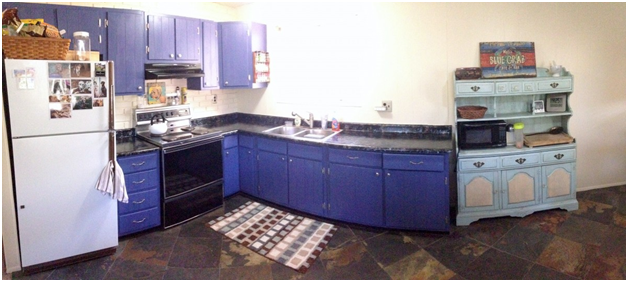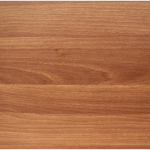It’s time to haul out the buckets and prepare to scrub your kitchen floor in time for summer.
Read these tips on the best techniques to clean your kitchen floor and ensure it is squeaky-clean.
Sweep every day
Although it seems like a chore at the end of a long day, sweeping the kitchen floor each night ensures crumbs and morsels are swept up and disposed of before attracting ants.
If ants take hold, they can cause damage and become a nuisance to your home.
Microfibre cleaning
Experts suggest to mop your kitchen floor twice a week.
With laminate flooring, it is vital to take extra care and use a damp microfibre cloth to clean the floor. Rinse the cloth once it is dirty to avoid reapplying dirt to the floor.
For laminate flooring in your kitchen, contact a company such as https://www.woodfloorwarehouse.ie/laminate-flooring.html.
Avoid harsh cleaners
There is no need to apply harsh cleaners to your kitchen floor, especially if you are using microfibre cloths which effectively remove dirt and germs.
For more stubborn grime, use a spray bottle containing washing-up liquid and water, or a kitchen surface cleaner.
Avoid ‘shine’ products
Be cautious of using any product advertising “shine” or any instructions that advise to leave a product to dry for ten minutes. These are signs that an acrylic-based polish is contained within the cleaner, which will add a coating to the floor’s surface that leads to yellowing.
This is extremely difficult to remove, so it is best to avoid these cleaners completely.
Never use scouring sponges on floors
If you find a particularly tough and sticky stain on a floor, never use a scouring sponge.These sponges are responsible for scratched floor surfaces.
Instead, use a concentrated dose of cleaner, and allow it to sit for one minute, or use a nylon-bristled brush on the stain before mopping the floor.
The right cleaners
– For linoleum, ammonia-based cleaners will remove past yellowing.
– For ceramic tiles, floor cleaning liquid products will remove grime. Hand dry or rinse the floor to prevent any residue being left behind by the cleaner.
– On stone, avoid any cleaners containing acid, citrus and vinegar, which can etch and mark the surface. Choose water and a mild detergent instead.
– For wood flooring, use a combination of water and mild detergent.



